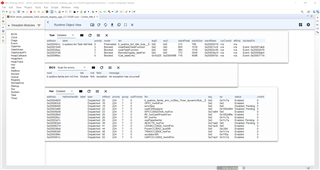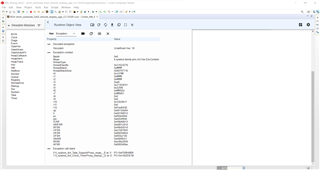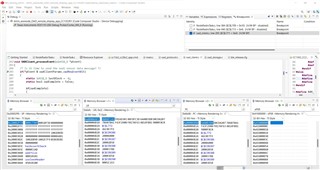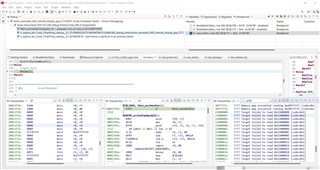Other Parts Discussed in Thread: SYSCONFIG
Hello,
I am using the dmm_wsnnode_remote_dislplay_app_CC1652R example and I have made the necessary changes to add the parts required for facilitating OAD in the example.
While I am able to use part of the functionality, specifically, I can send the FW Ver Req from the Concentrator and receive the appropriate Version number. But I have not been able to send the OAD blocks to the Node from the Concentrator.
Whenever I choose the appropriate option for FW update on the Concentrator, the Node side just freezes up, and thereafter the only thing I can do is to restart it. The display for the COncentrator on the other hand is also just stuck at 0 blocks send.
I would like to ask if there might be any areas or changes that I have made that can be causing this problem.
Thank you.









